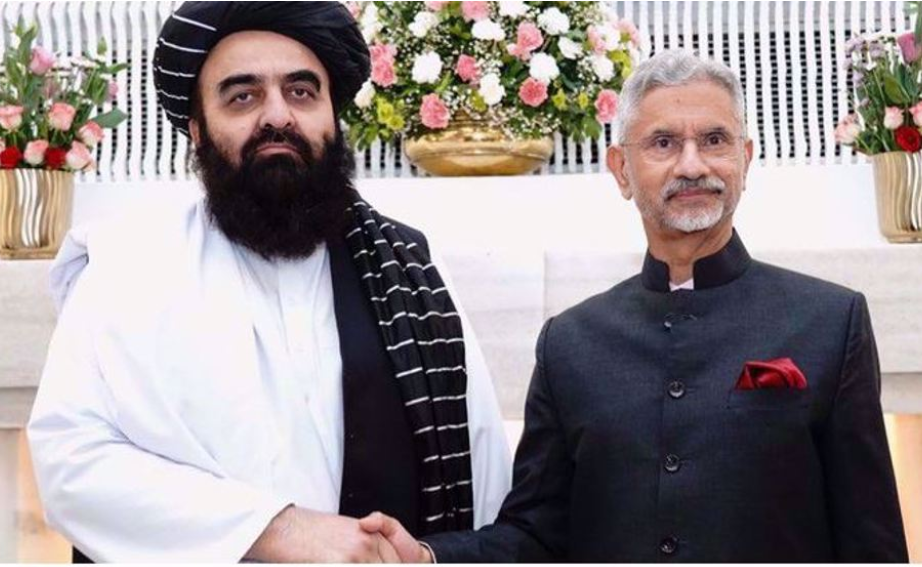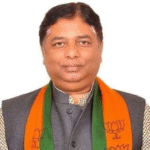
India and Afghanistan Issue Historic Joint Statement
In a significant diplomatic development, the Taliban government in Afghanistan has for the first time publicly acknowledged Jammu and Kashmir as part of India in a joint statement with External Affairs Minister S. Jaishankar. The statement followed high-level talks held in New Delhi on October 10, 2025, between Indian and Afghan foreign ministers. The document referred to the region affected by the recent Pahalgam terrorist attack as “Jammu and Kashmir, India,” prompting a sharp reaction from Pakistan.
Diplomatic Repercussions and Pakistan’s Criticism
Pakistan responded by summoning Afghanistan’s envoy to register a formal protest. Islamabad termed the mention of Jammu and Kashmir as Indian territory a direct violation of United Nations Security Council resolutions. President Asif Ali Zardari of Pakistan accused the Taliban administration of “doing injustice to history and the Muslim Ummah” by shifting from its past policy regarding Kashmir. The timing of the diplomatic tension coincided with ongoing clashes along the Afghanistan-Pakistan border, further straining regional relations.
Key Points from the Taliban-India Joint Statement
- Both nations reaffirmed mutual respect for each other’s sovereignty and territorial integrity.
- Afghanistan condemned terrorism in Jammu and Kashmir, describing the site as “within India.”
- The statement marked the first time the Taliban officially—if implicitly—recognized Kashmir as part of India in a diplomatic communiqué.
Regional and International Reactions
New Delhi has lauded the statement, stating that it reflects the region’s geographic reality: India and Afghanistan share a 106-kilometer contiguous border, including areas currently under Pakistan-occupied Kashmir. The move is seen as strengthening India’s position on the international stage and redefining geopolitical equations in South Asia.
Meanwhile, the Taliban have reiterated their intent to resolve all issues through dialogue and have emphasized Afghanistan’s desire for stability and peaceful relations in the region. “We want peace in the entire region. Our doors for talks are always open,” said Afghan Foreign Minister Amir Khan Muttaqi during his visit.
The controversy not only highlights unresolved regional disputes but also illustrates evolving alignments and the importance of diplomatic engagement amid persistent security challenges in South Asia.







